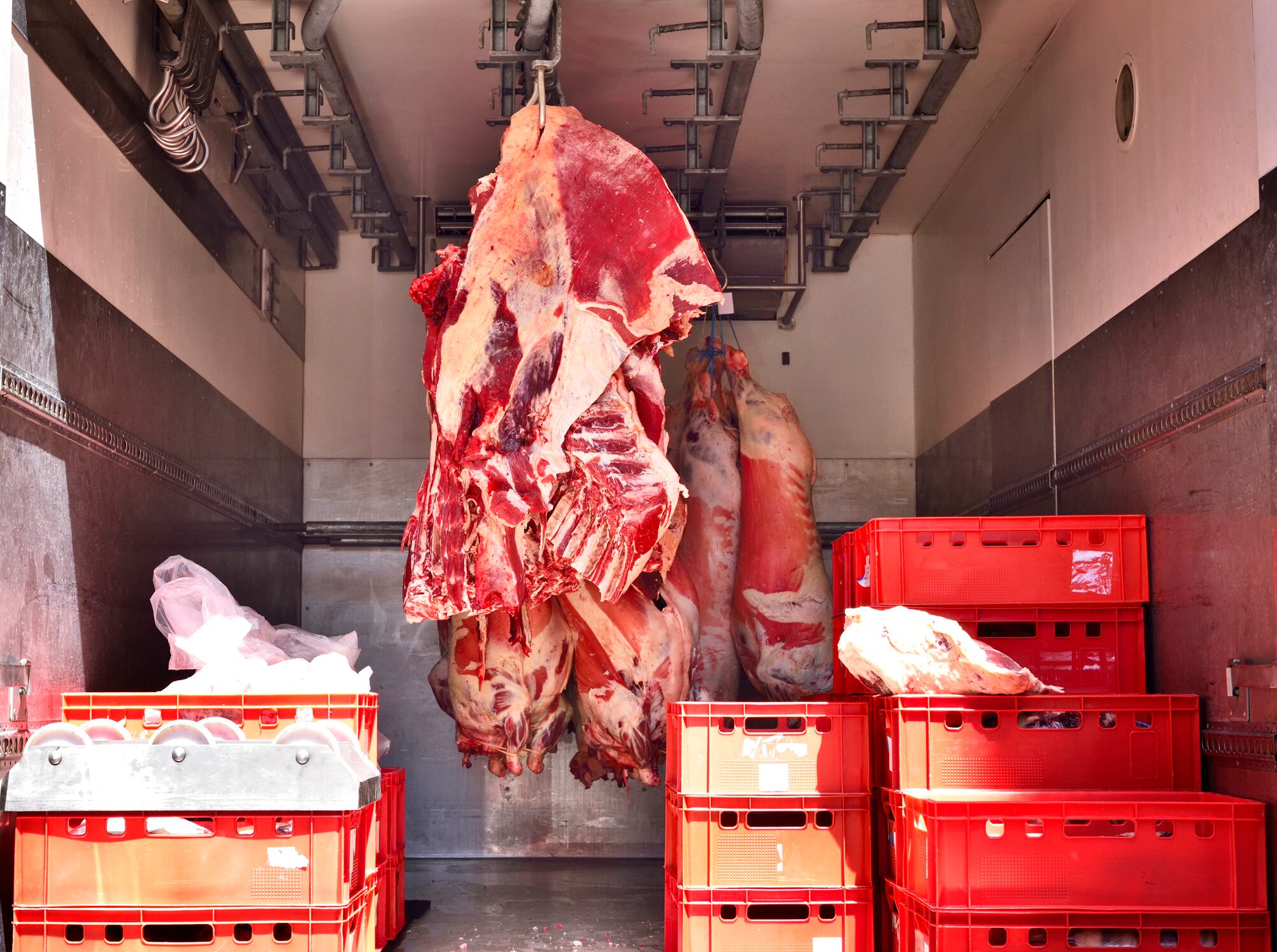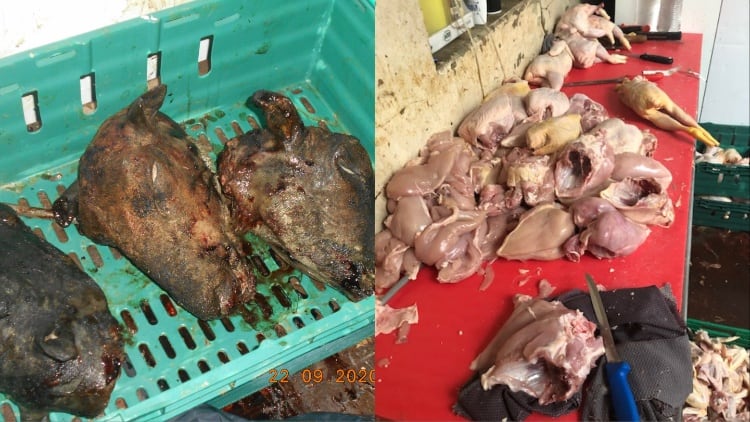The Environment Food and Rural Affairs (EFRA) committee called for faster action as the Department for Environment Food and Rural Affairs (Defra) responded to the concerns raised in its report ‘Biosecurity at the border: Britain’s illegal meat crisis’.
According to the report, Defra has no effective system of oversight for [biosecurity] border controls which continues to present real threats to the health of UK animals and plants and viability of the agricultural and horticultural sectors.
The report highlighted problems with the effective operations of commercial border controls from flawed IT systems data gaps and weak enforcement.
The UK Government said in its response: “The Government shares the Committee’s concerns about illegal imports of meat and dairy products into England and the potential risks posed to animal health and food safety. Defra is working closely with the Home Office and the Food Standards Agency to tackle this issue, with the support of Border Force, port health authorities, local authorities and the Devolved Governments, including Food Standards Scotland.”
While the Government has acknowledged many of the Committee’s concerns about the scale of illegal meat imports to the UK, it has said that many of the EFRA’s core recommendations to tackle the issue will only be considered once the Sanitary and Phytosanitary (SPS) agreement, negotiations with the EU have been concluded and implemented.
The SPS is a deal focused on rules for trade in food, plants, and animal products. So far the UK and EU have agreed to pursue a Sanitary and Phytosanitary (SPS) Agreement. The deal is expected to be in place by 2027 after being delayed.
The Committee welcomed that the Government has partially accepted many of its conclusions and recommendations. It said in particular the Government has committed to taking a more strategic approach and considering forming an inter-ministerial group on the ‘goods border’, but stops short of the taskforce recommended by the Committee.
But MPs are concerned about the lack of urgency from ministers.
The committee said that since the report was published, the Dover Port Health Authority has revealed that more than 20 tonnes of illegally imported meat was seized during the month of September 2025.
Chair of the EFRA Committee, Alistair Carmichael MP, commented: “The SPS Agreement is not going to regulate those who chop up animals and transport them in suitcases – which we witnessed on the Committee’s visit to the Port Health Authority in Dover. The Government’s approach to threats to the UK’s biosecurity is to leave the UK sitting in the firing line. Pathogens don’t wait for policy — that’s why urgency in biosecurity matters.
“African Swine Fever, Foot and Mouth Disease – whatever the next threat to animal health will be – we cannot wait for the UK’s negotiations with the EU to conclude, never mind wait for implementation. Our report found that there is currently no effective deterrent to meat smuggling and the risks to animal and human health, our food security, farming sector and the economy are significant.”



